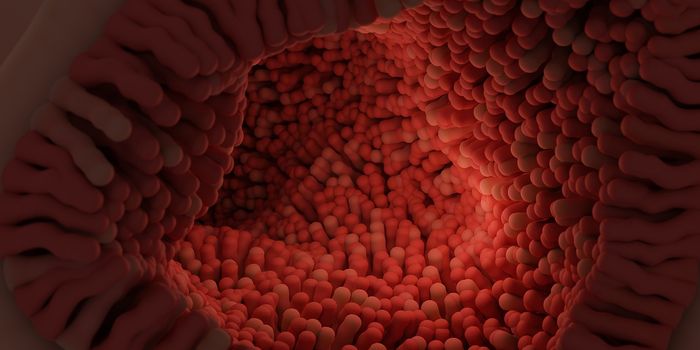How Cancer Evades the Immune System Time and Time Again
Scientists discovered a new mechanism by which cancer cells evade the immune system to further their own agenda: invade, multiply, and spread. Identifying this mechanism has researchers hopeful that they can apply their discovery to create new, effective strategies to stop cancer in its tracks.
They found that cancer cells produce a protein called soluble CD155, which in turn blocks normal, anti-cancer immune activity. Inhibiting the immune system then opens the door wide open for cancer cells to set up camp, which is exactly what these researchers saw happen in the lungs of experimental mouse models.
Soluble CD155 is a protein ubiquitously produced in the body, and its functionality is largely related to cell migration and development. When researchers observed high serum levels of soluble CD155 in cancer patient, they arrived at the obvious question: how is soluble CD155 involved in the development and spread of cancer?
It turns out that soluble CD155 binds three other proteins, all of which are expressed in the immune system:
- DNAM1
- TIGIT
- CD96
In their new study, researchers altered B16/BL6 melanoma cells to produce soluble CD155. Then, they injected these cells into A) normal mice, B) mice genetically deficient in TIGIT, and C) mice genetically deficient in CD96. Researchers saw cancer cell growth in the lungs to be significantly greater in these scenarios than when they injected unaltered melanoma cells into the same mice groups.
However, researchers observed essentially the opposite effect when altered melanoma cells were injected into mice genetically deficient in DNAM-1, suggesting that this protein might play a role in promoting cancer growth.
In the second part of the study, they observed no differences between the mice groups when they depleted the mice of the natural killer (NK) cells. These are cells in the innate, or non-specific, immune system known for targeted attacks against cancer and pathogenic invasions. Researchers ultimately realized that soluble CD155 prevents NK cells from release cancer-toxic proteins (see where they get their name?) by binding to DNAM-1.
"These are striking results that show how a single protein can drastically change the fate of a tumor,” explained corresponding author Kazuko Shibuya. “Targeting soluble CD155 could therefore be a new powerful strategy to treat cancer.”
Sources: Nature Immunology, University of Tsukuba, Journal of Experimental Medicine








